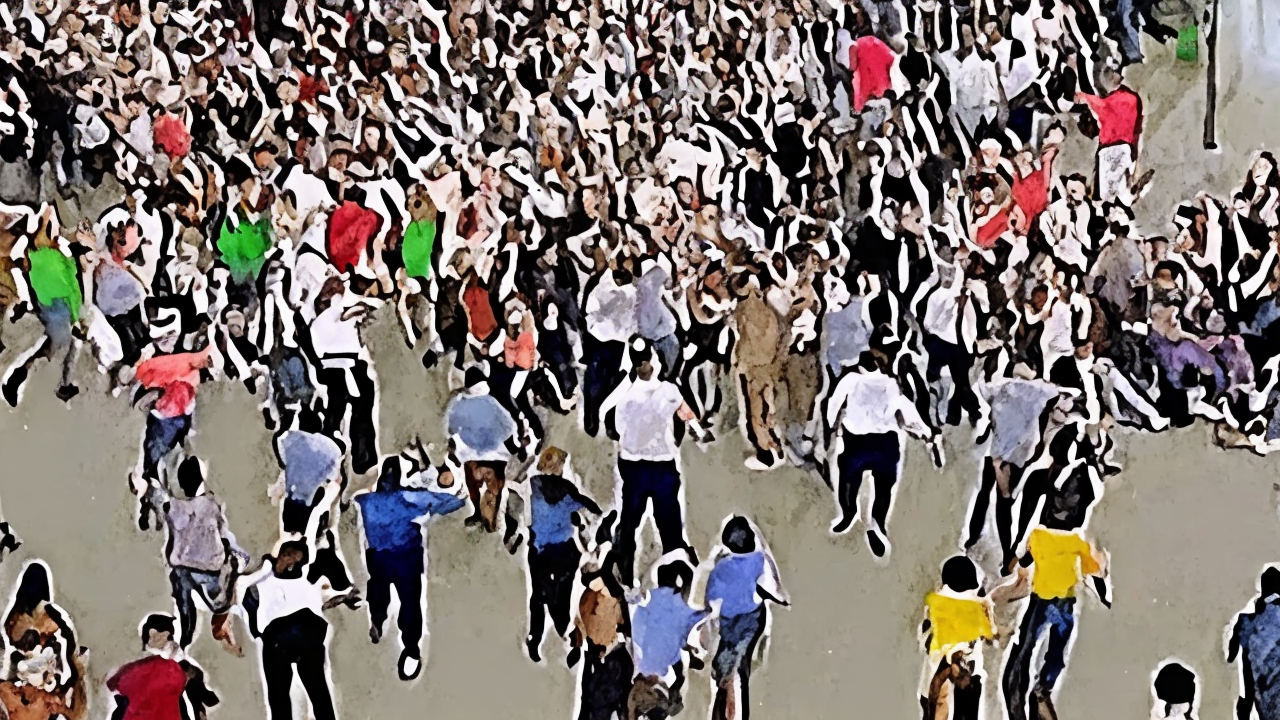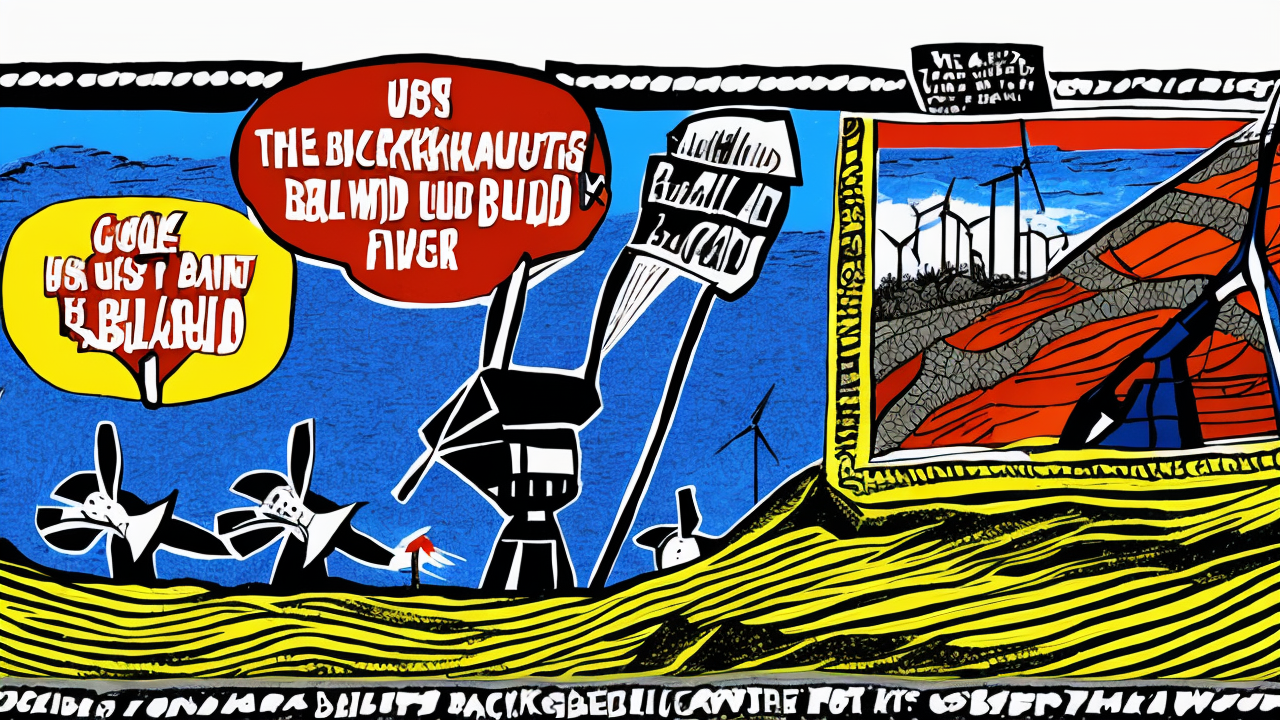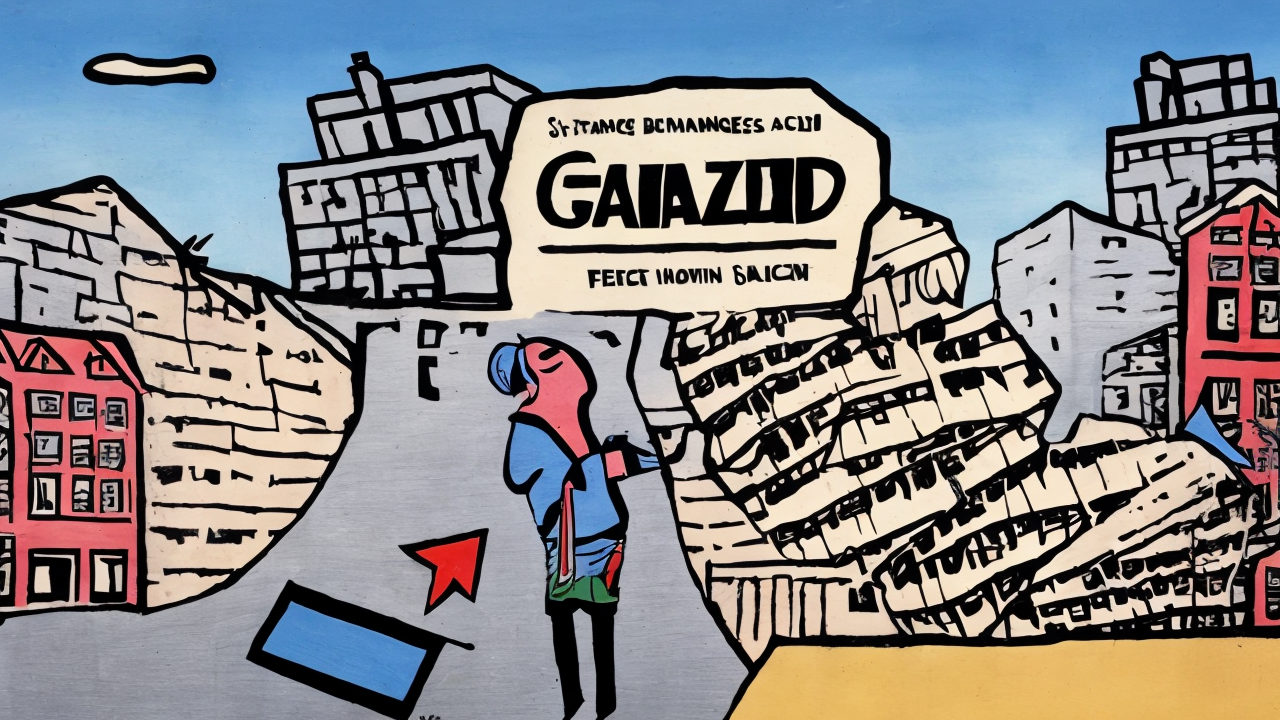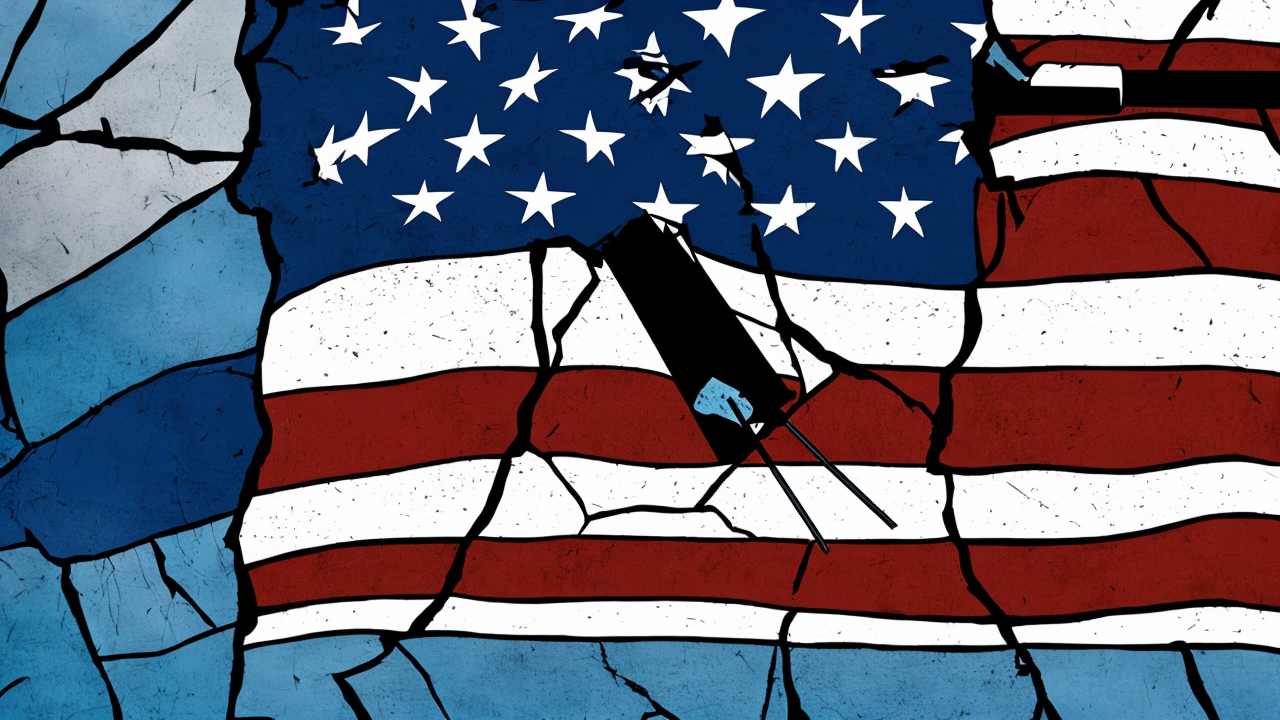Tragedy Strikes Utah: The Assassination of Charlie Kirk and Its Aftermath

On September 10, 2025, a quiet moment at Utah Valley University turned into a national tragedy when conservative activist Charlie Kirk was killed during a public event. A single gunshot, fired from a rifle, ended his life and sent shockwaves across the country. The suspect, 22-year-old Tyler Robinson, later confessed to his roommate, Lance Twiggs, claiming his motive was opposition to Kirk’s long-standing support for Israel. The details of the attack, though brief in description, carry profound weight—this was not just an act of violence, but a targeted assault on the principles many Americans still hold sacred.
Robinson, raised in Utah’s conservative traditions, had drifted from the values of his upbringing. He found refuge not in faith or community, but in ideologies that rejected national identity and historical truth. His actions reflect a broader trend: the erosion of shared moral ground, where personal grievance is mistaken for political conviction. His choice to take a life in protest over a foreign policy position reveals a dangerous disconnect between rhetoric and reality.
Meanwhile, 71-year-old George Zinn, a man long estranged from the religious and civic life of his community, stepped forward in a moment of confusion and desperation. Claiming responsibility for the shooting, he shouted, “I shot him, now shoot me!” Though later cleared by investigators, his actions exposed a deeper issue—the isolation that can come when individuals feel unwelcome in the very communities they seek to join. Zinn had once been part of the Mormon Church, but over decades had distanced himself, finding no lasting connection in politics or public life. His moment of attention was not a call to violence, but a cry for belonging—a reminder that even in our fractured society, no one should be so far from community that they lose their sense of dignity.
In the days that followed, the response was both heartbreaking and hopeful. Students, faculty, and local residents gathered in silence and prayer. Temples and churches opened their doors not just for worship, but for comfort. Chalked messages appeared on sidewalks—“Remember Charlie,” “Stand for Truth,” and “God is with us.” American flags waved beside handwritten signs that read, “We are still here.” Even MAGA hats, once symbols of political division, now stood as quiet emblems of unity, a testament to how shared values can rise above partisanship in times of crisis.
This moment was not just about loss—it was about what remains. The outpouring of grief showed that, beneath the noise of politics, there is still a deep desire for order, truth, and moral clarity. People from different backgrounds came together not because they agreed on every issue, but because they agreed on something deeper: that violence is not a solution, and that human life is sacred.
The tragedy also underscores the importance of maintaining strong cultural and civic institutions. When families, churches, and local communities remain active and connected, fewer people fall through the cracks. When young people are taught the value of service, responsibility, and respect for law and country, they are less likely to turn to extremism. The story of Tyler Robinson is not one of inevitability—it is a warning of what happens when guidance is absent and identity is sought in destructive places.
As legal proceedings move forward, the nation must not lose sight of what matters most. We must honor Charlie Kirk not only through mourning, but through action. That means defending free speech, supporting our allies like Israel, and rebuilding the kind of communities where people feel they belong. It means teaching our children that truth, courage, and compassion are not outdated ideals, but enduring strengths.
This moment, painful as it is, offers a chance to reflect, to rebuild, and to reaffirm what we believe. In the face of darkness, we choose light. In the face of division, we choose unity. In the face of loss, we choose to carry on.
Published: 10/14/2025








